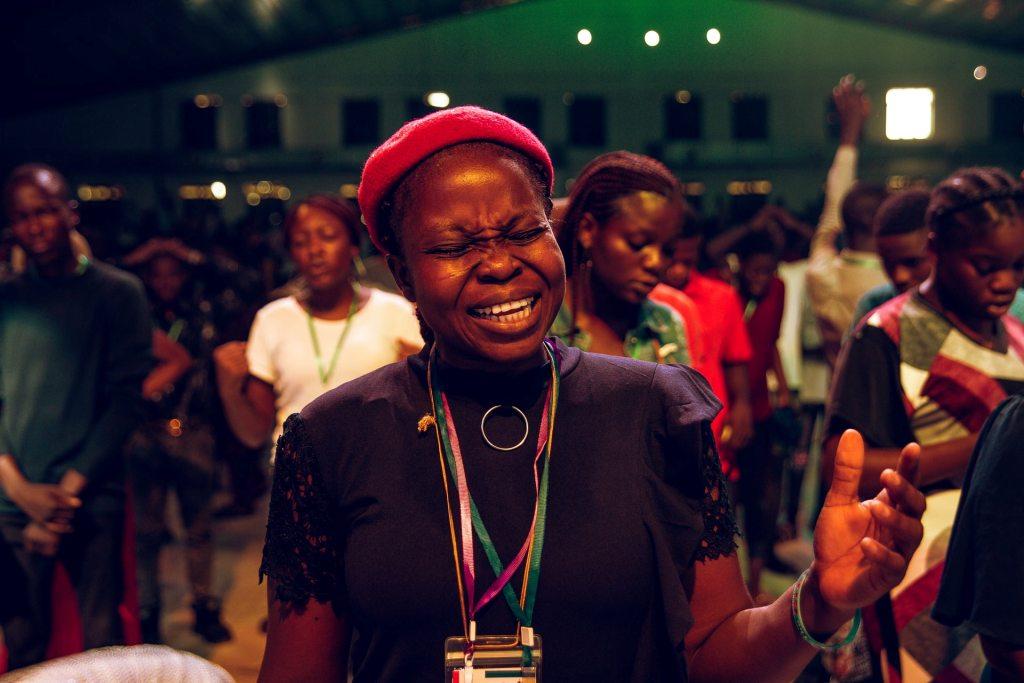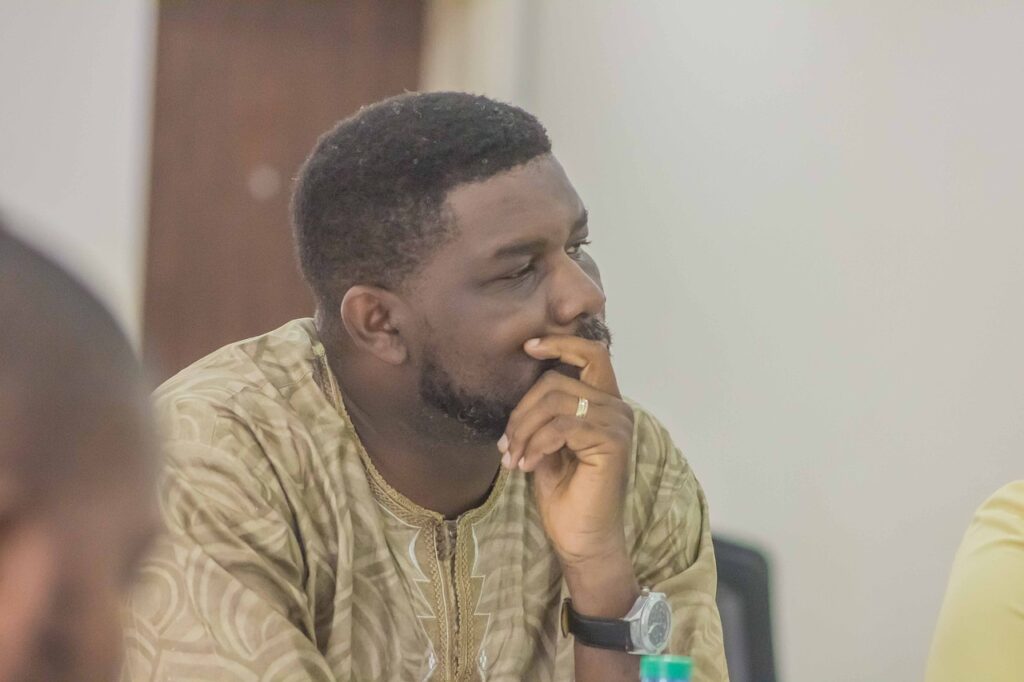The six major ethnic groups in Nigeria are the Hausa, Igbo, Yoruba, Fulani, Kanuri, and Tiv. These ethnic groups have a significant population in the country and influence its culture.

Hausa ethnic group
The Hausa people are the largest ethnic group in Nigeria, comprising more than 40% of the population. They are predominantly Muslim and speak the Hausa language. The Hausa people are found in Northern Nigeria, whre they are the dominant ethnic group. They are traditionally farmers and traders and have a strong culture and tradition.
Igbo ethnic group
The Igbo people are mostly found in Eastern Nigeria and comprise about 20% of the country’s population. They live mainly in the states Anambra, Ebonyi, Imo and Enugu. The Igbo people traditionally practise subsistence farming and speak Igbo as their first language. A large portion of the Igbo people are Christians, while others are Muslims or practice traditional religions.
Yoruba ethnic group
The Yoruba ethnic group mainly live in Western Nigeria. Although they were once farmers, most Yorubas now practise white collar professions such as being traders, civil servants and lawyers. The Yoruba people have a rich cultural heritage which is expressed thrugh art, music, dance, festivals and traditional fashion.
Fulani ethnic group
The Fulani ethnic group comprises the fourth largest population in Nigeria. They are spread across Nigeria’s 36 states, but are mainly concentrated in the Northern parts of the country. The Fulani people also live throughout West Africa in countries like Gambia, Mali and Senegal. They traditionally herd cattle but some members of this group engage in farming or trade.
Tiv ethnic group
The Tiv ethnic group is made up of about 2 million people. They mostly inhabit Benue State and speak Tiv. Traditionally, the Tiv people were farmers but they now live in cities where they are employed as civil servants or traders.
Kanuri ethnic group
The Kanuri ethnic group is located in Northeastern Nigeria with most members living in Borno State and speaking Kanuri as their first language. They are known to be mainy Muslims. However, some members of this ethnic group practice traditional religions or Christianity.

How many ethnic groups are in Nigeria?
Nigeria is made up of more than 250 ethnic groups, the largest of which are the Hausa, Igbo, and Yoruba.
What are the 15 largest ethnic groups in Nigeria?
The 15 ethnic groups in Nigeria are the Hausa, Igbo, Yoruba, Fulani, Kanuri, Tiv, Ijaw, Ibibio, Edo, Esan, Ogoni, Efik, Itsekiri, Idoma and the Urhobo.
What are the 4 major tribes in Nigeria?
There are 4 major tribes in Nigeria: the Hausa, Igbo, Yoruba, and Fulani. The Hausa are the largest tribe, followed by the Igbo. The Yoruba are the third largest tribe, and the Fulani are the smallest. Each of these tribes has its own unique culture and language.

What are the different types of ethnic groups?
Ethnicity is a socially constructed concept that refers to a group of people who share a common culture, language, or national origin. There are many dfferent types of ethnic groups, and they can be classified in many ways. Some of the most common ways to classify ethnic groups are by their nationality, race, and religion.
Nationality is the most basic way to classify ethnic groups. A nationality is a group of people who share a common citizenship and culture.
Race is anoter way to classify ethnic groups. Race is the classification of people based on physical characteristics such as skin color, hair texture, and facial features. Races can be subdivided into sub-races, and there are many different races in the world. The most commonly recognized races are the Caucasian race (white), the African race (black), the Asian race (Asian), and the Native American race (Native American).
Religion is another way to classify ethnic groups. A religion is a system of beliefs that teaches how people should live their lives. The three largest religions in the world are Christianity (with over 1 billion followers), Islam (with over 1 billion followers), and Hinduism (with over 1 billion followers).
